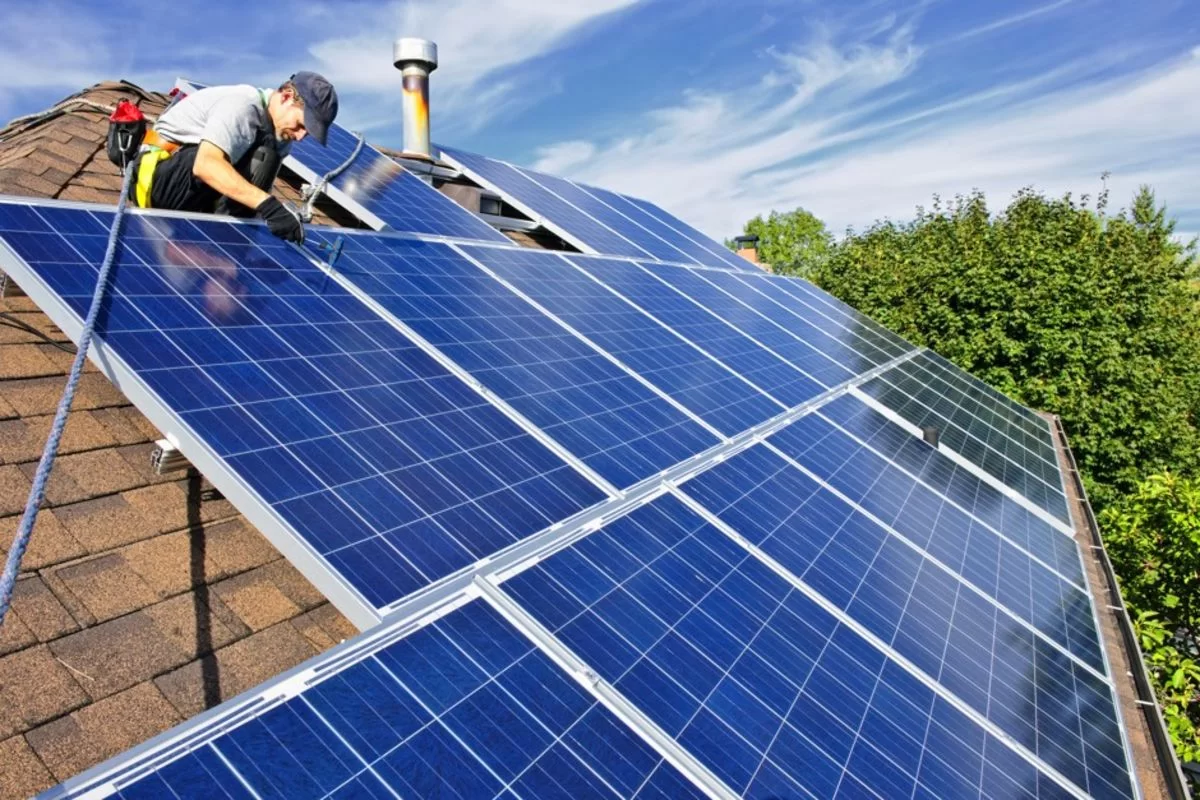Making the switch to solar energy is a wise and beneficial choice that can provide the long-term benefits of savings as well as significant environmental advantages. But, in order to make a sound investment decision, it is essential to comprehend the totality of expenses that are involved. If you’re thinking of installing solar panels that are reliable for your home, you need to think beyond the initial cost. This complete guide will take you through the most important elements that determine the actual price of solar panels.
Equipment Costs
The main expenditure in solar energy is in the price of solar panels as well as crucial components like mount hardware, inverters and wiring. Panel prices differ based on the factors of efficiency, durability and the quality of the. While choosing the most affordable choice may seem appealing high-end panels usually offer better performance and last longer and provide greater value over the long haul.
Installation and Labor
The expense for professional installations is a major factor to consider when establishing your system. Professionals with experience ensures proper mounting, secure wiring and optimum performance. Roof structure and angle, as well as the material and accessibility may affect the cost of these services. For example flat or unique roofs might require special installation systems, resulting in somewhat higher costs for labor.
Permits and Inspections
Installing solar panels is as simple as obtaining permits from the local government and then undergoing inspections that are mandatory to ensure the installation is in line with the safety requirements. Permit fees can differ based on area, but they’re essential to the process. The most reliable solar installers usually include inspection and permit fees in their estimates of projects, giving homeowners an understanding of these costs before the start.
Electrical Upgrades
Older homes usually require electrical modifications to allow solar panel installations. This may be done by changing circuit panels, wiring, or even adding grounding equipment. Although these upgrades aren’t always necessary, it’s crucial to discuss this in your consultation. Be sure to inquire whether your home’s electric system is solar-ready and whether additional work is required to accommodate the new setup.
Home Battery Options
The addition of a battery to your home is a great option for homeowners who need power backup during power outages or seek to make the most use of solar energy. Although it can increase initial costs, the advantages are significant. Home batteries provide greater energy independence, and also provide reliability during grid outages. This makes it particularly valuable in the winter months or during summer when there is a lot of demand.
Incentives and Tax Credits
One of the main benefits of installing solar panels benefits of incentives that dramatically reduce costs. Federal incentives like the Solar Investment Tax Credit (ITC) let homeowners take a percentage of the cost of their solar panels from federal tax and can provide significant savings. In addition, a lot of states offer incentives they have, thereby reducing the overall cost. When you are calculating the actual price of switching over to solar energy, these savings play a significant part, making solar power much cheaper than it appears.
Ongoing Maintenance Costs
Solar panels are easy to maintain however, it’s a good idea to plan for periodic maintenance. Regular cleaning to eliminate dust and snow can dramatically improve the performance of solar panels, especially in different conditions. It’s important to remember that inverters have a shorter life span than the panels themselves and could require replacement after 10 to 15 years to ensure maximum efficiency.
Long-Term Energy Savings
In assessing the actual price of solar power, it is essential to consider the substantial savings you’ll make by producing your power. Solar power can significantly reduce – or even eliminate your monthly utility bill. In the course of a solar panel that typically ranges from 25 to 30 years, the savings could amount to hundreds of thousands of dollars. If you take into account these benefits over time, an initial solar investment is often significantly more palatable.
Increased Home Value
Solar-powered homes tend to sell quicker and frequently with higher prices than ones with no. Energy efficiency is becoming an important consideration for buyers, homes with solar panels stand out due to having lower operating costs and increased value. This is not just making your house more attractive in the market, but it will also increase the return on your investment.
But embracing solar power goes beyond buying panels -it’s a commitment to top-quality equipment, expert installation, dependable performance and longer-term savings. The installation of solar panel systems can provide more than just financial benefits but also helps to create an environmentally sustainable future and is a decision that is beneficial for you and the environment.

